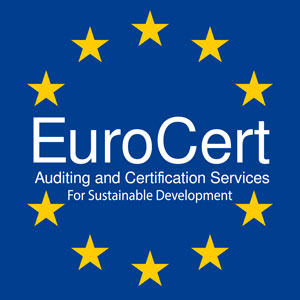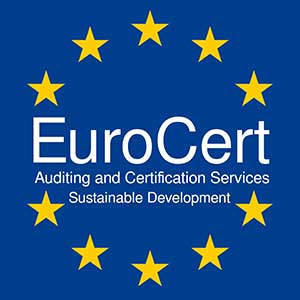Definition of business sustainability
Business sustainability is often defined as managing the triple bottom line – a process by which companies manage their financial, social and environmental risks, obligations and opportunities. These three impacts are sometimes referred to as profits, people and planet.
However, this approach relies on an accounting based perspective and does not fully capture the time element that is inherent within business sustainability. A more robust definition is that business sustainability represents resiliency over time – businesses that can survive shocks because they are intimately connected to healthy economic, social and environmental systems. These businesses create economic value and contribute to healthy ecosystems and strong communities.
Business sustainability requires firms to adhere to the principles of sustainable development. According to the World Council for Economic Development (WCED), sustainable development is development that “meets the needs of the present without compromising the ability of future generations to meet their own needs.” So, for industrial development to be sustainable, it must address important issues at the macro level, such as: economic efficiency (innovation, prosperity, productivity), social equity (poverty, community, health and wellness, human rights) and environmental accountability (climate change, land use, biodiversity).
There are a number of best practices that foster business sustainability, and help organisations move along the path from laggards to leaders. These practices include:
• Stakeholder engagement: Organisations can learn from customers, employees and their surrounding community. Engagement is not only about pushing out messages, but understanding opposition, finding common ground and involving stakeholders in joint decision-making;
• Environmental management systems: These systems provide the structures and processes that help embed environmental efficiency into a firm’s culture and mitigate risks. The most widely recognized standard worldwide is ISO 14001, but numerous other industry-specific and country-specific standards exist;
• Reporting and disclosure: Measurement and control are at the heart of instituting sustainable practices. Not only can organisations collect and collate the information, they can also be entirely transparent with outsiders. The Global Reporting Initiative is one of many examples of well-recognised reporting standards;
• Life cycle analysis: Those organisations wanting to take a large leap forward should systematically analyse the environmental and social impact of the products they use and produce through life cycle analysis, which measure more accurately impacts.
Firms that are sustainable have been shown to attract and retain employees more easily and experience less financial and reputation risk. These firms are also more innovative and adaptive to their environments.

